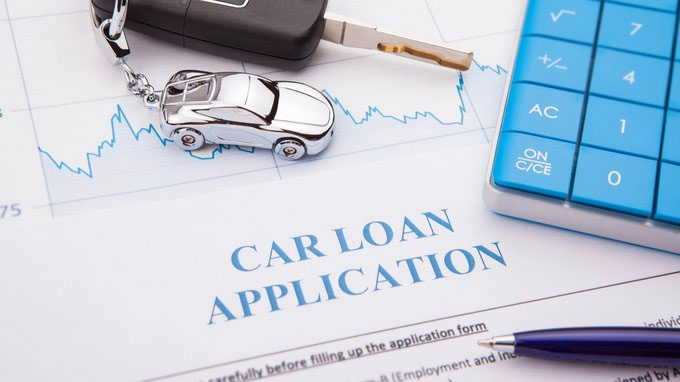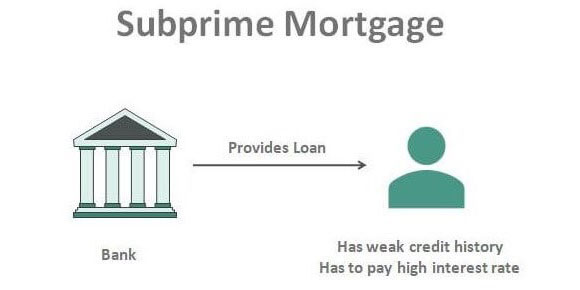There are significant variations between driving under the influence (DUI) and driving while intoxicated (DWI) charge and the punishments for each depend on the state in which it appears on your record—driving while drunk is referred to as a DWI while driving under the influence is referred to as a DUI. These terms may have very different connotations depending on the state in which the offense is committed. However, if a motorist is charged with driving under the influence of alcohol or drugs (DUI or DWI), the harm to their driving record is likely to be the same.
One person loses their life due to an alcohol-related traffic collision every half an hour. Even more sobering is that, according to FBI data, the arrest rates for driving under the influence of alcohol and drugs (DUI and DWI) decreased by nearly 30 percent nationally from 2010 to 2019. However, they still outweigh the total number of arrests for violent crimes during the same period. Do you know difference between dwi and dui?
Meaning of DUI and DWI
DUI may refer to either driving under the influence of alcohol or driving under the influence of drugs. Both are illegal. The medications may be available without a prescription, but they might also be unlawful. On the other hand, driving while drunk (DWI) may refer to either driving while impaired or driving when impaired while inebriated. The specific definitions change depending on the state you're in.
A law enforcement officer may prosecute you for driving under the influence of alcohol or drugs (DUI or DWI, depending on the state) if they believe you could not drive safely because of your impairment. The impairment may have been brought on by drink, drugs, tiredness, or a combination of these and other reasons.
Except for the state of Utah, which has a limit of 0.05% for blood alcohol concentration (BAC), your state may make it unlawful to get behind the wheel with a blood alcohol concentration (BAC) of at least 0.08% when it comes to driving under the influence of alcohol. In several places, driving under the influence of alcohol is considered a misdemeanor, but repeat offenders might face felony penalties. And the penalties may get more severe in several places if your blood alcohol content is at least 0.15 percent. A breath, blood, or urine test is the most common way BAC is measured.
It is important to remember that in many places, you may be charged with drunk driving even if your vehicle is not moving while you are sitting in the driver's seat. If you are operating a watercraft, moped, motorized scooter, bicycle, or lawnmower while under the influence of alcohol or drugs, you may face charges of driving under the influence (DUI), driving while intoxicated (DWI), or a similar violation.
Drunk and Drugged Driving Laws
If a motorist under 21 in New York is accused of operating a vehicle with a blood alcohol concentration (BAC) of 0.02% to 0.07%, they might face charges under the state's zero-tolerance rule. Driving under the influence of alcohol or drugs may result in prison time, fines, and the revocation of driving privileges in New York. If you lose your driver's license, your auto insurance policy will almost certainly be terminated.

The laws of New York are only one illustration of this. States have different rules and punishments regarding driving while impaired by alcohol or drugs. For instance, in the state of Wisconsin, if you are convicted of driving under the influence of alcohol for the first time, your driver's license might be suspended for nine months, while in the states of Georgia and Tennessee, it could be suspended for one year.
Will Driving Under The Influence Of Alcohol Or Drugs Affect My Insurance Rates?

Following a conviction for driving under the influence of alcohol or drugs (DUI or DWI), your insurance premiums will surely go up. In some instances, you may even be removed altogether from your coverage since some car insurers may see you as a high-risk customer. Your insurance will have a significant impact on the size of the rise in your monthly premiums. However, in the vast majority of instances, the cost of your insurance premiums would increase by a factor of two or three compared to what they were before.
After receiving a DUI or DWI conviction, you may be forced to acquire an SR-22, but this will depend on your insurance provider's and state rules. An SR-22 is a certificate of financial responsibility that demonstrates that you fulfill the auto insurance criteria in your state at the time. In most cases, drivers who have had their licenses suspended due to a DUI or DWI charge will need to provide these to have their licenses reinstated.











